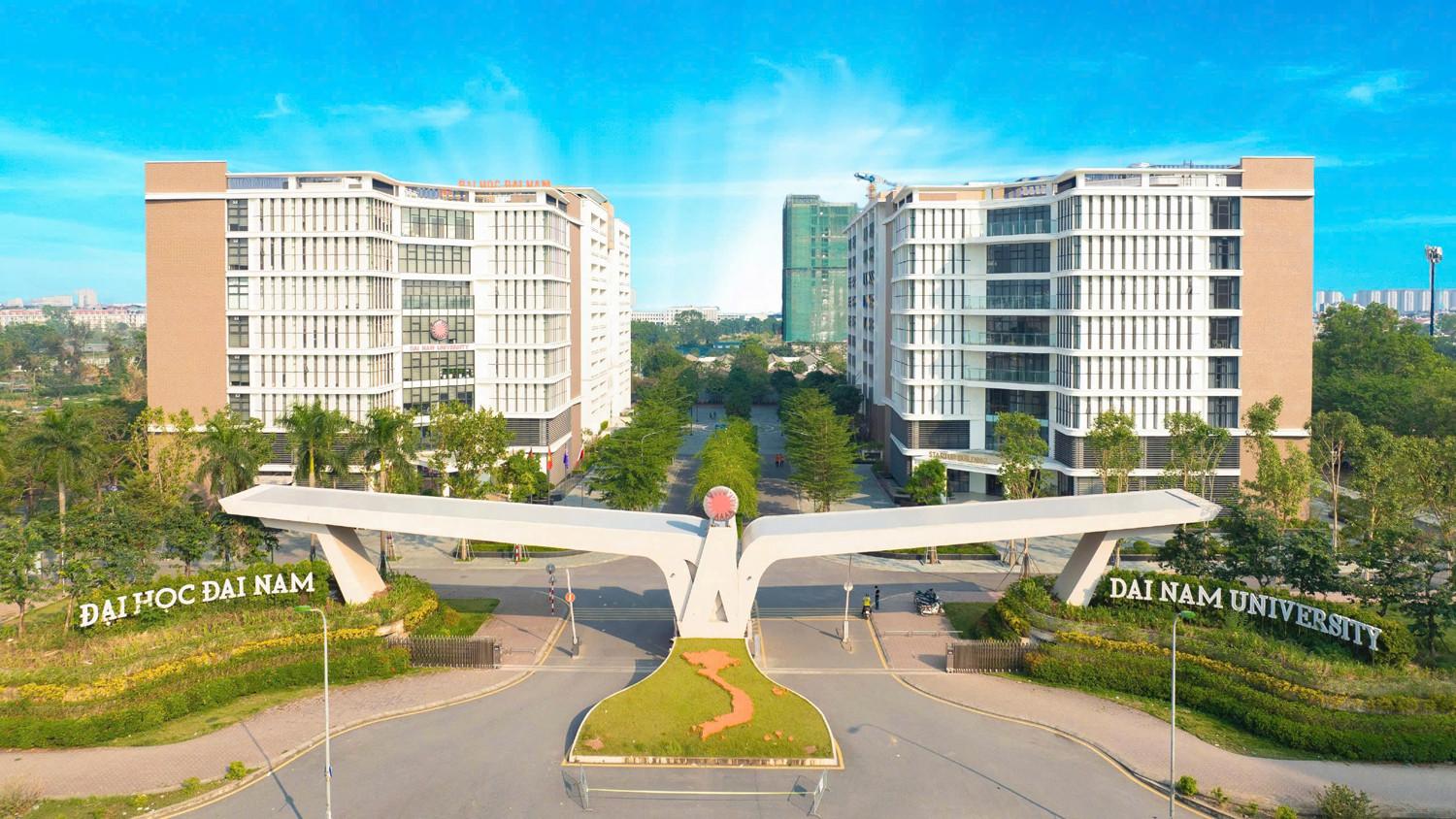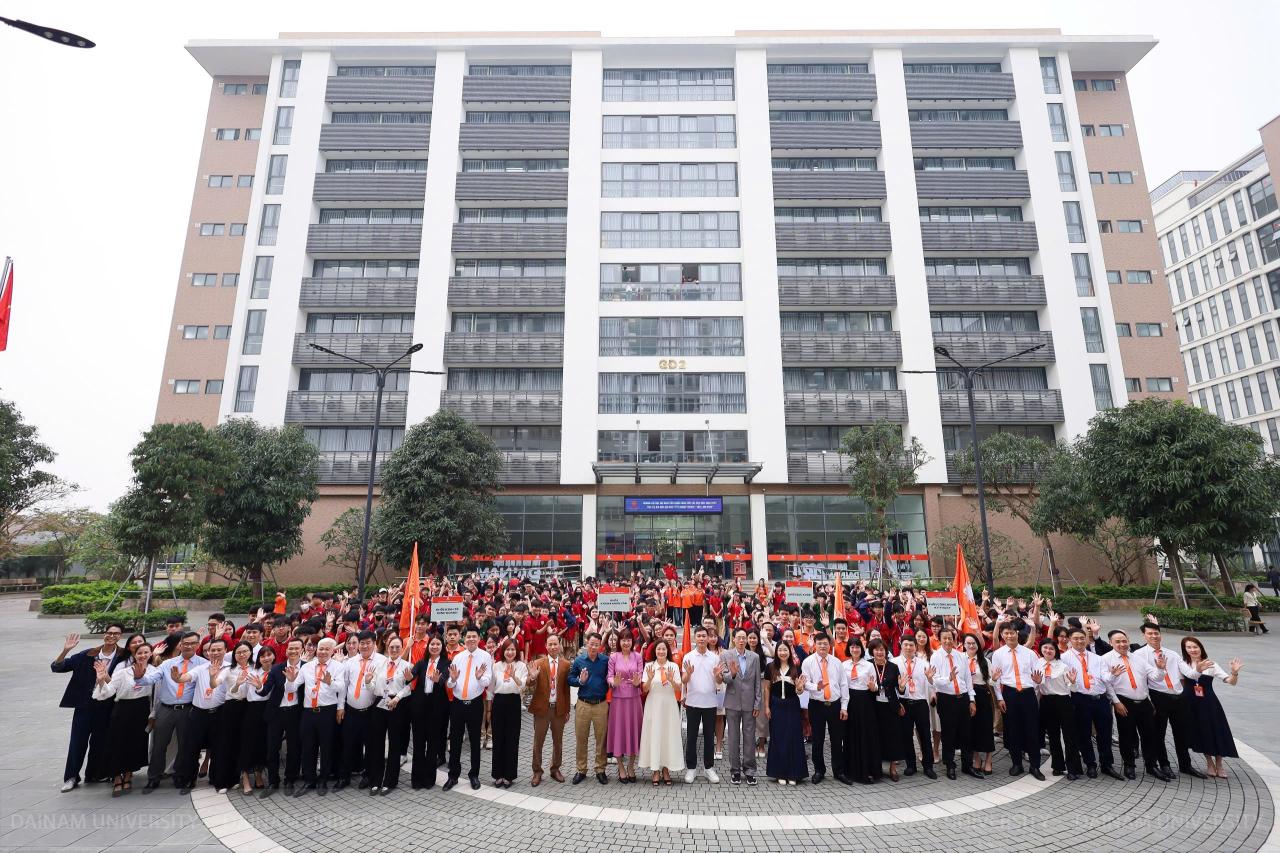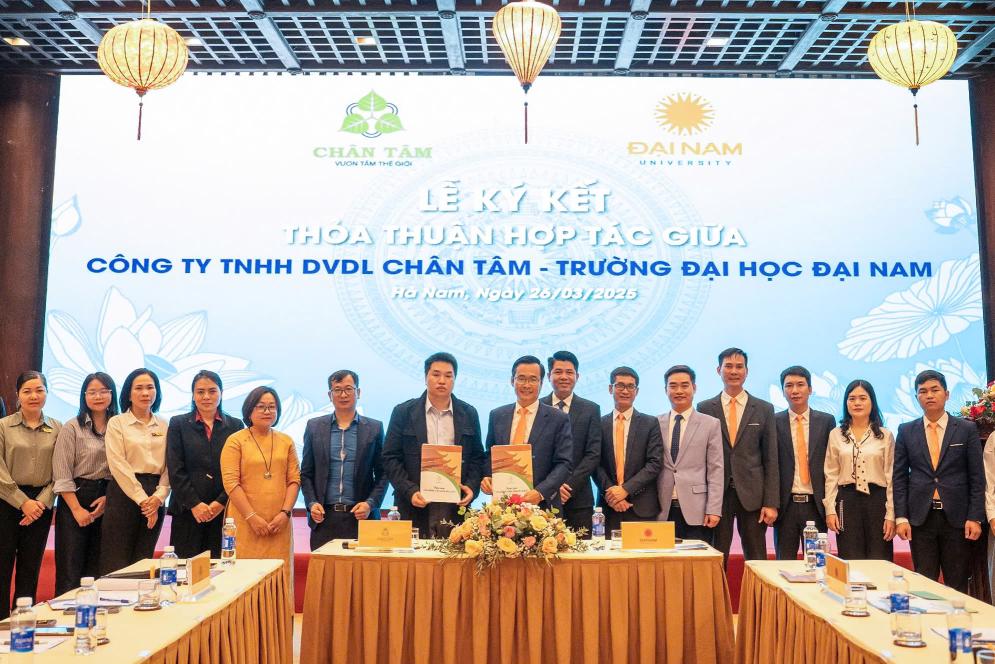Don't let businesses "shake their heads" because of lack of soft skills
Posted date 31/07/2019
12.030 view

Soft skills are not only necessary in life but also an extremely important recruitment criterion for businesses, because it reflects whether employees can integrate into the working environment and achieve the highest work efficiency or not. In the era of the 4.0 industrial revolution, training soft skills must be very systematic and form a habit from a young age.
Soft skills are not only necessary in life but also an extremely important recruitment criterion for businesses, because it reflects whether employees can integrate into the working environment and achieve the highest work efficiency or not. In the era of the 4.0 industrial revolution, training soft skills must be very systematic and form a habit from a young age.
Graduates lack technical skills, businesses are "fed up"
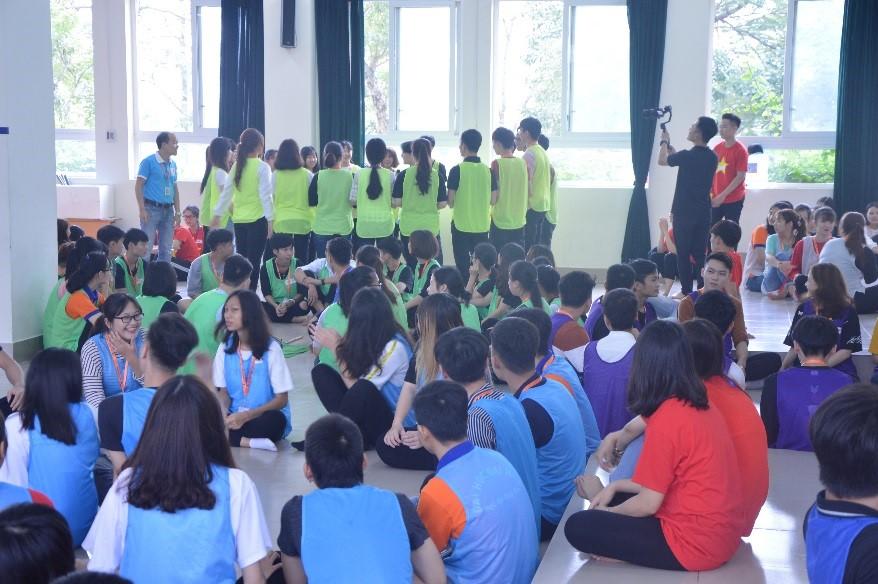
According to a survey by the Ministry of Labor, War Invalids and Social Affairs, of the total number of students graduating each year in Vietnam, more than 13% need to be retrained or have their skills supplemented, nearly 40% need to be mentored at work, and 41% need time to get used to the job.
Faced with this situation, we had a discussion with MSc. Pham Van Minh - Head of Business Administration Faculty, Head of Soft Skills Department - Dai Nam University about this issue.
-Dear Master Pham Van Minh, there is an opinion that students graduating lack soft skills (Skills), causing businesses to "shake their heads". What is your opinion on this issue?
MSc. Pham Van Minh: In reality, businesses today are mainly private companies, and when it comes to private companies, "money goes hand in hand". They will have to calculate what economic benefits the money they spend will bring, and therefore they really need a high-quality staff. However, education level and degrees are not the deciding factors in whether a business will recruit employees or not. Businesses also base their decisions on personal factors such as skills, acumen in handling work and communication of each candidate, which many graduates have not met, especially the KNM part. In reality, successful people are only 25% due to professional knowledge, the remaining 75% is determined by the KNM they are equipped with.
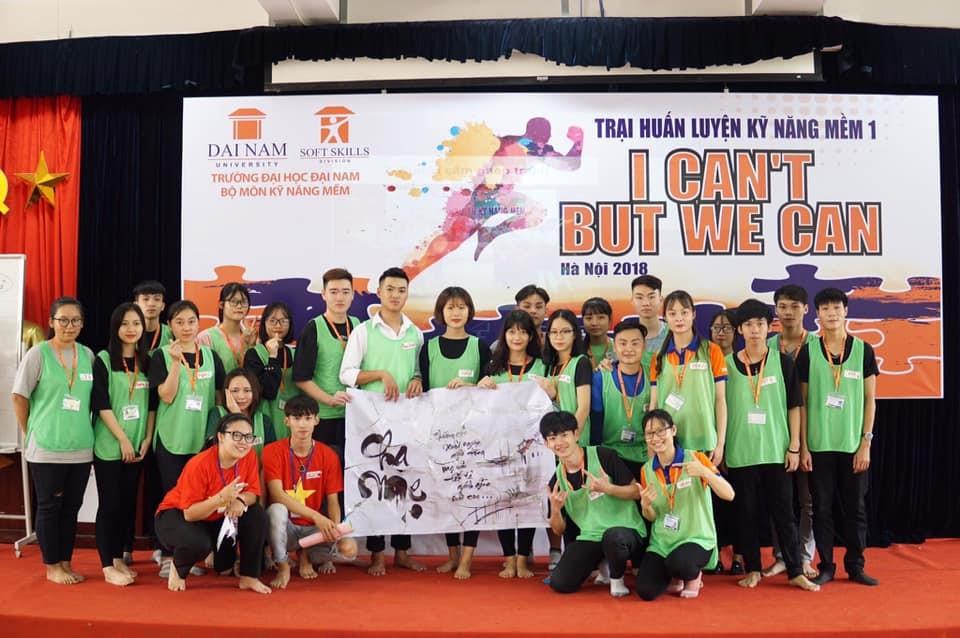
.jpg)
Dai Nam University's KNM training camp is not a form of "new learning" but a form of "experience" with the purpose of bringing theoretical lessons in class into practical activities.
For example, just simple things like communication skills, integrating into the environment, even greeting people. If a bachelor or engineer graduates from school and does not know how to greet colleagues, does not know how to communicate and behave with colleagues, how can he work in a group and of course cannot live and work together with that group.
So it can be seen that what employers need most from a degree is “satisfaction”, satisfaction with the employer, satisfaction with colleagues, customers and people around. That is the most important skill.
How to understand KNM correctly?
-As you said, KNM plays an important role in determining 75% of success. So what is KNM and how is it different from hard skills?
KNM (soft skills) is a term used to refer to mental, intellectual, emotional or psychosocial skills that help each individual survive and adapt well to the community and surrounding environment.
KNM can also be understood as the ability to apply hard skills in life to solve problems in the most effective and successful way.
KNM is often related to language use, social integration, attitudes and behaviors used in interpersonal communication, such as: communication skills, leadership skills, teamwork skills, time management skills, creativity and innovation skills...
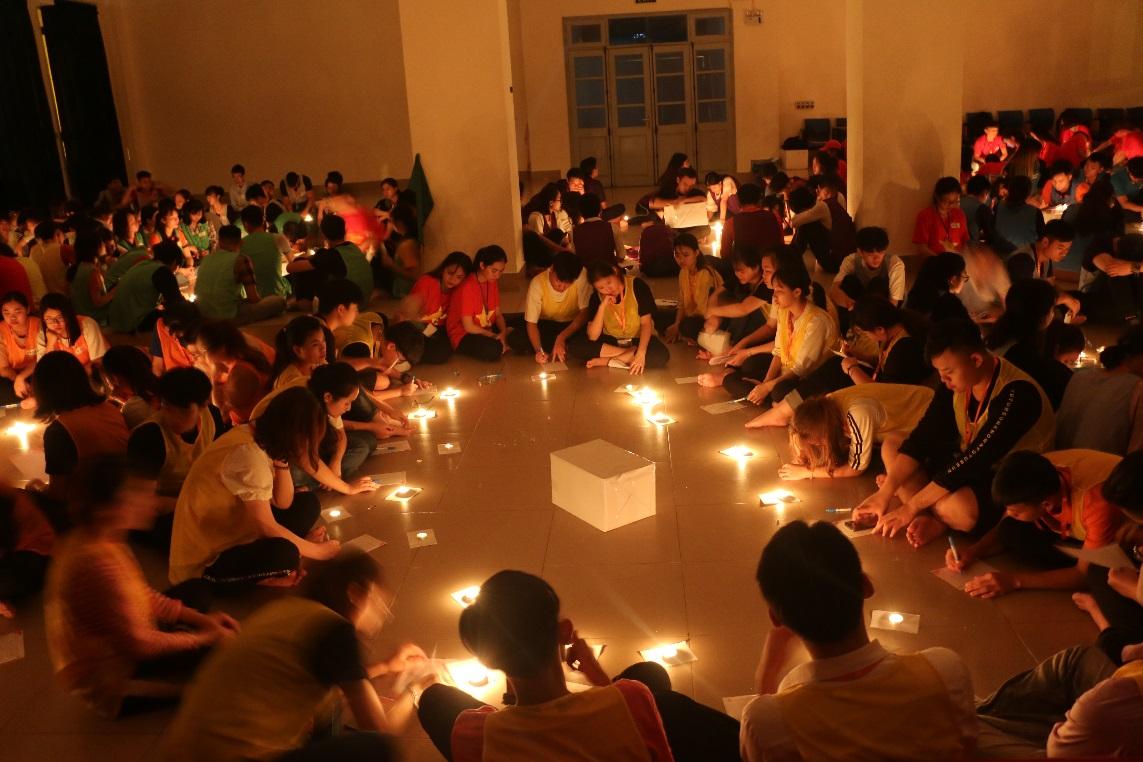
Besides KNM are hard skills, a concept used to refer to professional qualifications, specialized knowledge, educational level or professional degrees and certificates.
If hard skills are rigid, scientific and have "technical" elements, then soft skills are flexible and adaptable depending on circumstances and environments, depend a lot on interactions between people in life and work and are mainly "artistic".
In contrast to hard skills, KNM changes according to the environment, according to the specific person in contact, and requires emotional sensitivity to adapt, grasp and apply.
Knowledge - Skills - Attitudes must be learned for life
-It can be seen that KNM requires a whole process of accumulation, so what is the significance of bringing the KNM program into teaching for students at universities, according to you?
The goal of any university in the world is to educate and train people. Educating and training people is clearly linked to two basic requirements: educating them to become people to live in the community and training human resources to meet the needs of work.
Knowledge, skills and attitudes of a person must be learned throughout life, from the time a person is born with awareness until the time he or she dies, the best things must be cultivated. KNM is the same, it needs to be learned at many different levels, at many different times, in many different environments, with anyone, anywhere and anytime.
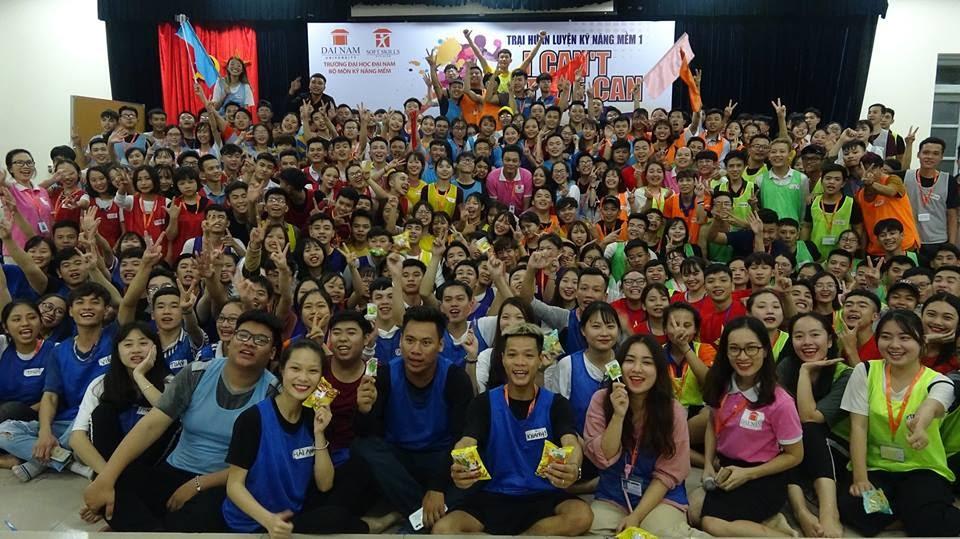
.jpg)
At Dai Nam University, KNM has been taught since the 2015-2016 school year, with 3 modules: KNM1, KNM2 and KNM3.
-In order for the KNM program taught in universities to be truly effective, what content do you think needs to be focused on?
Teaching soft skills is much different from teaching pure science subjects, requiring lecturers to have specialized knowledge, understanding of age psychology, experience and practical experience. In addition, making soft skills a core subject is a trend in many countries around the world, helping learners to apply known soft skills to practical activities.
Thank you very much for sharing, teacher.
Graduates lack technical skills, businesses are "fed up"

Realizing the importance of training KNM for students, the Board of Directors of Dai Nam University assigned the Faculty of Business Administration to develop and apply the teaching of the KNM subject from the 2015-2016 school year.
According to a survey by the Ministry of Labor, War Invalids and Social Affairs, of the total number of students graduating each year in Vietnam, more than 13% need to be retrained or have their skills supplemented, nearly 40% need to be mentored at work, and 41% need time to get used to the job.
Faced with this situation, we had a discussion with MSc. Pham Van Minh - Head of Business Administration Faculty, Head of Soft Skills Department - Dai Nam University about this issue.
-Dear Master Pham Van Minh, there is an opinion that students graduating lack soft skills (Skills), causing businesses to "shake their heads". What is your opinion on this issue?
MSc. Pham Van Minh: In reality, businesses today are mainly private companies, and when it comes to private companies, "money goes hand in hand". They will have to calculate what economic benefits the money they spend will bring, and therefore they really need a high-quality staff. However, education level and degrees are not the deciding factors in whether a business will recruit employees or not. Businesses also base their decisions on personal factors such as skills, acumen in handling work and communication of each candidate, which many graduates have not met, especially the KNM part. In reality, successful people are only 25% due to professional knowledge, the remaining 75% is determined by the KNM they are equipped with.

.jpg)
Dai Nam University's KNM training camp is not a form of "new learning" but a form of "experience" with the purpose of bringing theoretical lessons in class into practical activities.
For example, just simple things like communication skills, integrating into the environment, even greeting people. If a bachelor or engineer graduates from school and does not know how to greet colleagues, does not know how to communicate and behave with colleagues, how can he work in a group and of course cannot live and work together with that group.
So it can be seen that what employers need most from a degree is “satisfaction”, satisfaction with the employer, satisfaction with colleagues, customers and people around. That is the most important skill.
How to understand KNM correctly?
-As you said, KNM plays an important role in determining 75% of success. So what is KNM and how is it different from hard skills?
KNM (soft skills) is a term used to refer to mental, intellectual, emotional or psychosocial skills that help each individual survive and adapt well to the community and surrounding environment.
KNM can also be understood as the ability to apply hard skills in life to solve problems in the most effective and successful way.
KNM is often related to language use, social integration, attitudes and behaviors used in interpersonal communication, such as: communication skills, leadership skills, teamwork skills, time management skills, creativity and innovation skills...

KNM determines 75% of young people's success.
Besides KNM are hard skills, a concept used to refer to professional qualifications, specialized knowledge, educational level or professional degrees and certificates.
If hard skills are rigid, scientific and have "technical" elements, then soft skills are flexible and adaptable depending on circumstances and environments, depend a lot on interactions between people in life and work and are mainly "artistic".
In contrast to hard skills, KNM changes according to the environment, according to the specific person in contact, and requires emotional sensitivity to adapt, grasp and apply.
Knowledge - Skills - Attitudes must be learned for life
-It can be seen that KNM requires a whole process of accumulation, so what is the significance of bringing the KNM program into teaching for students at universities, according to you?
The goal of any university in the world is to educate and train people. Educating and training people is clearly linked to two basic requirements: educating them to become people to live in the community and training human resources to meet the needs of work.
Knowledge, skills and attitudes of a person must be learned throughout life, from the time a person is born with awareness until the time he or she dies, the best things must be cultivated. KNM is the same, it needs to be learned at many different levels, at many different times, in many different environments, with anyone, anywhere and anytime.

.jpg)
At Dai Nam University, KNM has been taught since the 2015-2016 school year, with 3 modules: KNM1, KNM2 and KNM3.
-In order for the KNM program taught in universities to be truly effective, what content do you think needs to be focused on?
Teaching soft skills is much different from teaching pure science subjects, requiring lecturers to have specialized knowledge, understanding of age psychology, experience and practical experience. In addition, making soft skills a core subject is a trend in many countries around the world, helping learners to apply known soft skills to practical activities.
| KNM 1 - “Skills of perception, exploitation and self-management”. The goal of KNM 1 is to equip students with basic content in university studies, self-study skills; know how to self-assess their strengths and weaknesses; know how to self-orient and determine career goals to have motivation to study from the beginning... KNM 2 - "Communication, presentation and teamwork skills". The purpose is to help learners understand the importance of communication; know how to communicate, behave and the factors for successful communication and behavior; how to use verbal and non-verbal communication to achieve the best results. With KNM 3 - "Negotiation skills, problem solving and decision making". The purpose is to teach students the skills of pressuring, compromising and winning in negotiations, providing skills and requirements in a negotiation; |
Thank you very much for sharing, teacher.
Minh Nhat (performed)
Latest article
View all Posts
Related articles
See all related Articles

